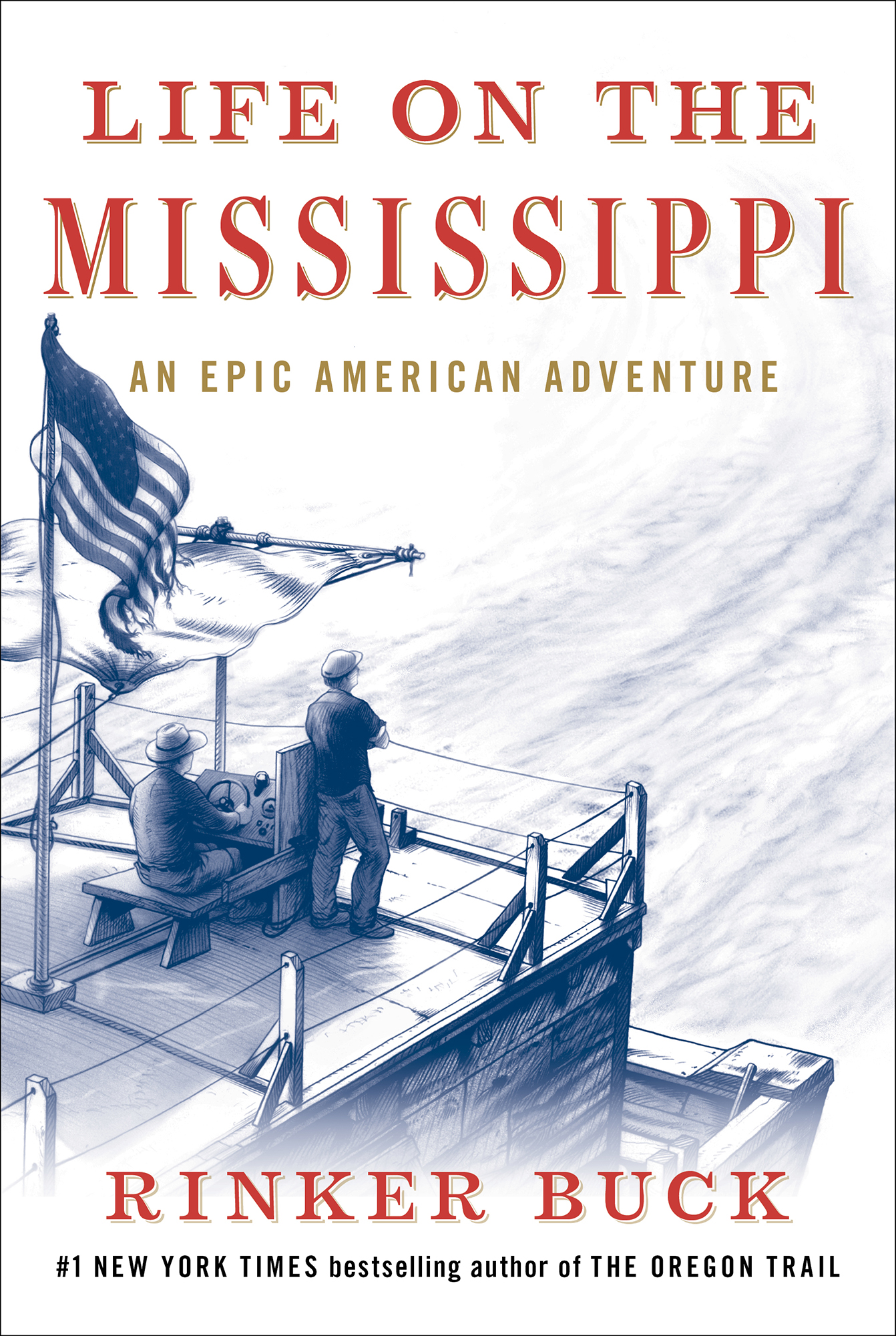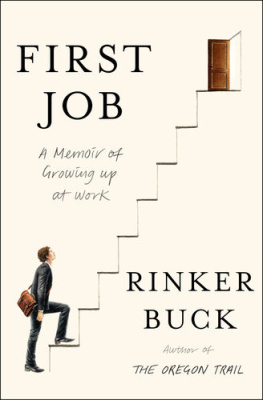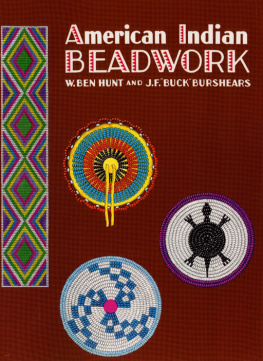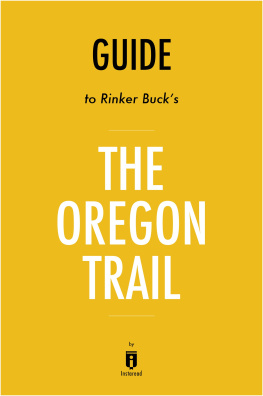Rinker Buck - Life on the Mississippi: An Epic American Adventure
Here you can read online Rinker Buck - Life on the Mississippi: An Epic American Adventure full text of the book (entire story) in english for free. Download pdf and epub, get meaning, cover and reviews about this ebook. year: 2022, publisher: SimonSchuster, genre: History. Description of the work, (preface) as well as reviews are available. Best literature library LitArk.com created for fans of good reading and offers a wide selection of genres:
Romance novel
Science fiction
Adventure
Detective
Science
History
Home and family
Prose
Art
Politics
Computer
Non-fiction
Religion
Business
Children
Humor
Choose a favorite category and find really read worthwhile books. Enjoy immersion in the world of imagination, feel the emotions of the characters or learn something new for yourself, make an fascinating discovery.
- Book:Life on the Mississippi: An Epic American Adventure
- Author:
- Publisher:SimonSchuster
- Genre:
- Year:2022
- Rating:4 / 5
- Favourites:Add to favourites
- Your mark:
- 80
- 1
- 2
- 3
- 4
- 5
Life on the Mississippi: An Epic American Adventure: summary, description and annotation
We offer to read an annotation, description, summary or preface (depends on what the author of the book "Life on the Mississippi: An Epic American Adventure" wrote himself). If you haven't found the necessary information about the book — write in the comments, we will try to find it.
Life on the Mississippi: An Epic American Adventure — read online for free the complete book (whole text) full work
Below is the text of the book, divided by pages. System saving the place of the last page read, allows you to conveniently read the book "Life on the Mississippi: An Epic American Adventure" online for free, without having to search again every time where you left off. Put a bookmark, and you can go to the page where you finished reading at any time.
Font size:
Interval:
Bookmark:

Life on the Mississippi
An Epic American Adventure
Rinker Buck
#1 New York Times bestselling author of The Oregon Trail
Thank you for downloading this Simon & Schuster ebook.
Get a FREE ebook when you join our mailing list. Plus, get updates on new releases, deals, recommended reads, and more from Simon & Schuster. Click below to sign up and see terms and conditions.
CLICK HERE TO SIGN UP
Already a subscriber? Provide your email again so we can register this ebook and send you more of what you like to read. You will continue to receive exclusive offers in your inbox.



The French philosopher Bernard of Chartres is famous for saying that scholars are dwarfs perched on the shoulders of giants, a reference to the obligation owed to the great minds who preceded them and influenced their work. I have always believed in a variant of Bernards credothat we are the continued minds of our best teachers.
I dedicate this book to three superb teachers who guided me through writing, literature, and history: Abbot Gerard Lair, O.S.B., and Abbot Giles Hayes, O.S.B., of St. Marys Abbey and the Delbarton School in Morristown, New Jersey, and James E. Bland, PhD, a brilliant lecturer and prudent mentor who taught American history at Bowdoin College.
The history of the Mississippi Valley is the history of the United States.
ALBERT BUSHNELL HART

Camping on the Levees

I DIDNT SPEND A YEAR building a wooden flatboat and then sailing it two thousand miles down the Mississippi to New Orleans simply because I was suffering from a Huck Finn complex, although that certainly played a part. It was hot that spring on the Tennessee farm where we built the boat and I often relieved the tedium of nailing on deck planking or raising roof stringers by daydreaming about spinning lazily down through the muddy boils, exploring remote islands and sandbars, or pulling off at sunset into bayous thick with cattails and cypress stumps. Mostly, though, I was entranced by history. I hungered to see that river country when I stumbled across an account of one of the first boatmen who braved the water route that America followed toward prosperity and greatness.
In the spring of 1782, an enterprising Swiss-German farmer from Reading, Pennsylvania, Jacob Yoder, landed on a novel scheme for marketing his crops that considerably brightened his own prospects and opened one of the most lyrical eras in American history. Yoder faced the kind of economic dilemma that would periodically bedevil his fellow Americans for the next century. The autumn before, General George Washington had accepted the surrender of the British forces at Yorktown in Virginia, effectively ending the American Revolution, but negotiations over the terms of American independence would drag on in Paris and London for another eighteen months. Until a treaty was signed, the transatlantic markets upon which the former colonies relied were closed, and the phenomenal productivity of the German enclave in Pennsylvania had filled the market sheds of Philadelphia and New York with excess produce, severely depressing prices. America, an agrarian society almost wholly dependent on global markets for its crops, was an economic stillbirth.
Yoder was a veteran of the Revolution and accustomed to adventure, and he could hardly have avoided looking west. He had already proved valuable to the cause of independence by organizing expeditions to southern Virginia and frontier Kentucky to gather herds of cattle and horses to supply the Continental army. That made him one of the few Americans to witness firsthand the budding nations rambunctious and largely unplanned movement west. Throughout the Revolution, settlers, Continental army deserters, and fur trappers had been streaming across the Appalachians, following the Great Valley Road through western Virginia and then across to Kentucky over the Cumberland Gap. Farther north, over tortuous mountain roads in western Maryland and Pennsylvania, packhorse and wagon trains were establishing the first commercial feelers with the rich but barely settled Ohio country.
A more direct water route to the Ohio valley, however, lay just across the Alleghenies, at the majestic three-rivers junction near Pittsburgh, where the Allegheny and Monongahela rivers joined to form the Ohio. From there, just a few weeks float down the Ohio past the falls at Louisville, lay the great interior prize of the North American continent, the massive, meandering planet of water called the Mississippi. The Mississippi and its tributaries, connecting more than fifteen thousand miles of navigable water, could deliver passengers and product unimaginable distances in every direction, but especially to the south and the most alluring gold pot of all, the Spanish territories of Louisiana. The blockading of northern cities during the Revolution, and Europes insatiable demand for American beaver pelts, had turned the Spanish port along the Gulf of Mexico, New Orleans, into the third largest city in North America and the fastest-growing export center in the world. Milled grain to feed the bursting city, or for shipment to Europe, was in great demand. Southern Louisianas appetite for the commodities that frontier America had to offerlumber, whiskey, barreled salt pork to feed its growing slave populationwould prove voracious. A two-thousand-mile float down the Ohio and the Mississippi to New Orleans seemed highly speculative, even dangerous, but it was Yoders best route to a market for his crops.
After spending the winter milling his grain into flour and corn meal, Yoder decided to embark along the banks of the Monongahela River at Redstone Old Fort, a wilderness military post and frontier Quaker settlement dating back to 1759. Later renamed Brownsville, Pennsylvania, during the Revolution the landing along the Monongahela had developed into a lively complex of boatyards specializing in building simple rafts and flatboats for local frontier traffic down the Ohio. Yoder paid a local sawyer about $75 to mill two dozen green oak trees into half-log gunwales, deck and floor planking, and probably built his long above-deck shed enclosure to protect his barrels from the rain out of poplar or pine. He launched on the Monongahela in May, floated thirty-five miles north to the Ohio, and spent the next three months negotiating the rapids and submerged logs carried down by the spring rains to New Orleans, where he bartered his grain for paper script exchangeable in the Spanish port of Havana, Cuba. There, he bought a cargo of beaver pelts, which he then shipped to Baltimore and sold at a profit estimated at almost $2,000, a small fortune then for just a few months work. As word of his river adventure spread, dozens and later hundreds of farmers and tradesmen followed, turning Brownsville and nearby Pittsburgh into one of the busiest boatbuilding locations in America and, eventually, the center of a booming steamboat business. Yoder floated the Ohio and Mississippi rivers to New Orleans several more times and eventually settled in Kentucky, helping to form the territorial government along the new Ohio valley frontier.
Font size:
Interval:
Bookmark:
Similar books «Life on the Mississippi: An Epic American Adventure»
Look at similar books to Life on the Mississippi: An Epic American Adventure. We have selected literature similar in name and meaning in the hope of providing readers with more options to find new, interesting, not yet read works.
Discussion, reviews of the book Life on the Mississippi: An Epic American Adventure and just readers' own opinions. Leave your comments, write what you think about the work, its meaning or the main characters. Specify what exactly you liked and what you didn't like, and why you think so.











